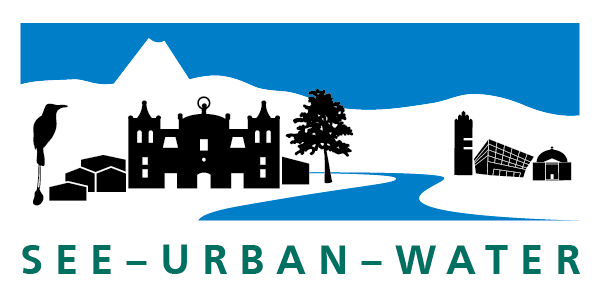Neumann, Veronica Alejandra ; Hack, Jochen (2022): Revealing and assessing the costs and benefits of nature-based solutions within a real-world laboratory in Costa Rica. In: Environmental Impact Assessment Review, 93, Elsevier, ISSN 0195-9255
https://doi.org/10.1016/j.eiar.2022.106737
Abstract: Nature-Based Solutions (NBS) are emerging solutions inspired and supported by nature to address societal challenges, such as climate change and rapid urbanization. Among others, these solutions have the potential to meet storm and waste water management goals, while providing co-benefits for society and economy in urban areas. However, as NBS are considered as an emerging technology, few has been researched on how civil society actors perceive the costs and benefits of NBS, and to what extent the knowledge of these actors affects the economic valuation of these solutions. Understanding these aspects is relevant for the ongoing debate concerning the value of nature for society and its integration into valuation methods. Therefore, to contribute to this debate, this paper aims to reveal and assess the cost and benefits of NBS perceived by society within a Real-World Laboratory (RWL). To do this, this paper applies the Triple Bottom Line- Cost Benefit Analysis (TBL-CBA) to the structural processes of a RWL related to NBS in Costa Rica. In this regard, this RWL follows a structural process to identify, promote, co-design, and to co-produce knowledge between scientific and civil society actors for the implementation of NBS. During these four processes a series of qualitative research methods for knowledge production and exchange such as workshops, interviews, and bilateral meetings, with relevant stakeholders took place. As a result, the structural processes of this RWL signified an opportunity to gain a more in-depth understanding of the local, legal and economic context for the implementation of a selected NBS. And with this, to reveal most of the representative costs and benefits of NBS perceived by the majority of local actors. The integration of the outcomes of this RWL into the TBL-CBA also contributed to an economic assessment of NBS that is more socially comprehensive and acceptable.







